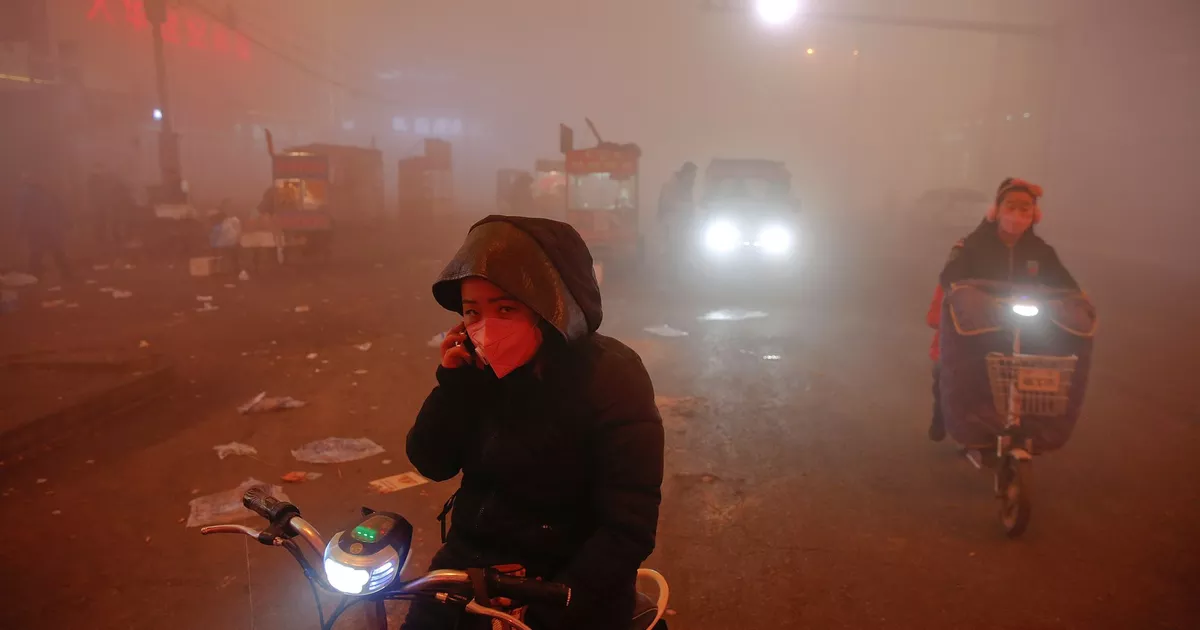HEALTH – Air quality has become a major concern worldwide. The WHO recently spoke of a “devastating impact.” Are there reasons to hope?
London, Friday, December 5, 1952. It is cold and an anticyclone has settled over the British capital. No wind.
The Great Smog, caused primarily by the use of coal, sets in. It will last for five days before a beneficial breeze clears London of its deleterious fog. The medical reports that follow in the weeks after are dramatic: 4000 people die directly from the smog and nearly 100,000 people become ill.
The Great Smog is the worst episode of air pollution in UK history. It imposed drastic reforms to purify the air in the country that was a pioneer of the industrial revolution. That was just 65 years ago.
In France, the latest figures are even quite positive. In the region most sensitive to pollution…
SALUD – La calidad del aire se ha convertido en una gran preocupación a nivel mundial. La OMS habló recientemente de un “impacto devastador”.
¿Hay razones para tener esperanzas? Londres, viernes 5 de diciembre de 1952. Hace frío y se ha instalado un anticiclón sobre la capital británica.
No hay viento. El Gran Smog, causado principalmente por el uso del carbón, se instala. Durará cinco días antes de que una brisa beneficiosa despeje a Londres de su niebla perjudicial.
Los informes médicos que siguen en las semanas posteriores son dramáticos: 4000 personas mueren directamente a causa del smog y cerca de 100.000 personas se enferman. El Gran Smog es el peor episodio de contaminación del aire en la historia del Reino Unido. Impuso reformas drásticas para purificar el aire en el país que fue pionero de la revolución industrial.
Eso fue hace apenas 65 años. En Francia, las cifras más recientes son incluso bastante positivas. En la región más sensible a la contaminación…
